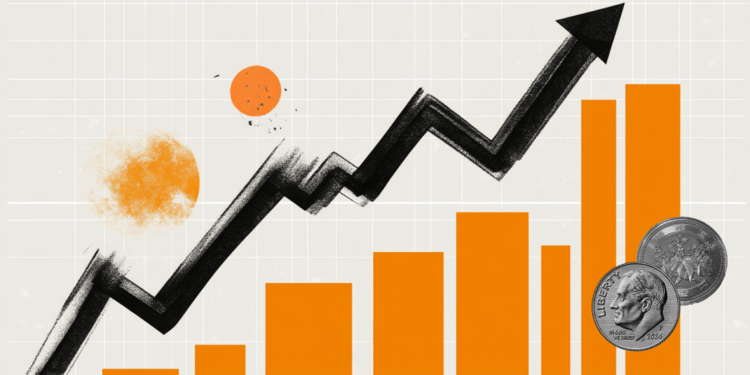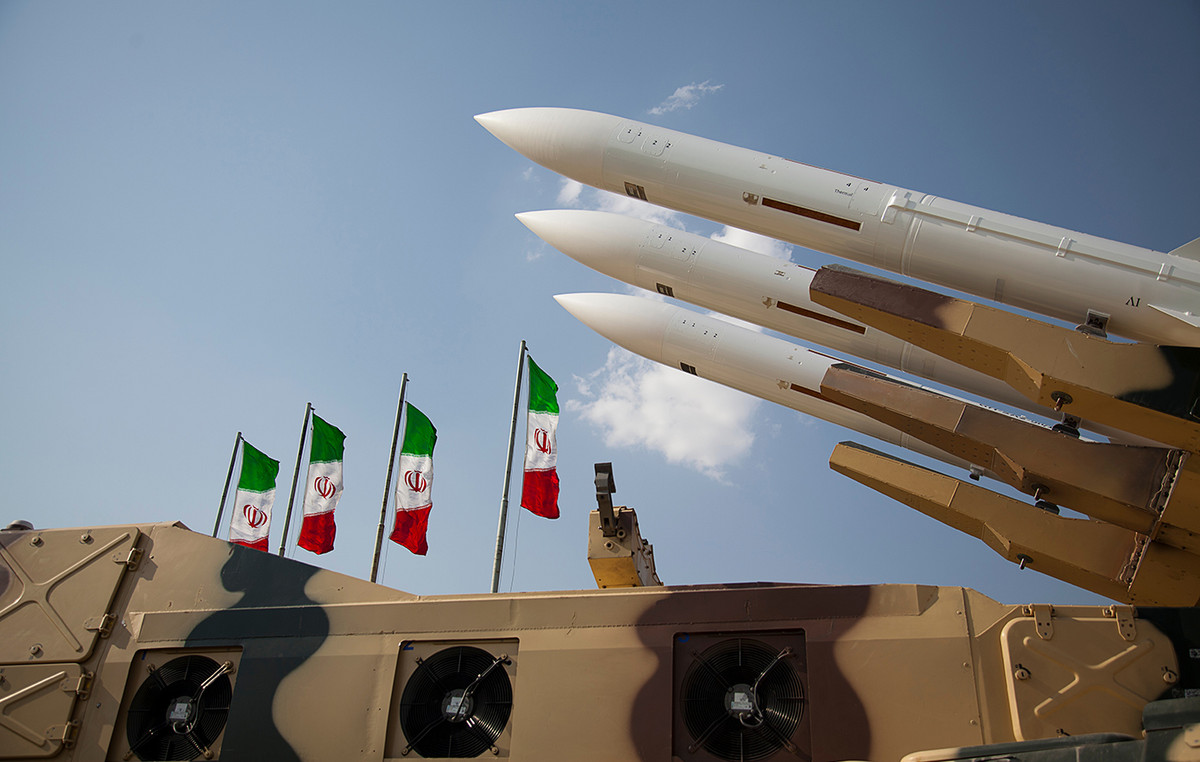The average price of the basic food basket in Brazil, currently R$663.29, represents about 55% of the minimum wage of R$1,212.
The information is from a survey produced by the CNN based on data from the Inter-union Department of Statistics and Socioeconomic Studies (Dieese), which took into account the value of food in 16 capitals of the country, since 1998, and compared it with the respective minimum wage each year.
According to the survey, this year accumulates the highest percentage achieved since 2004, when the basic food basket consumed a portion of about 58% of the minimum wage.
At the time, the basic income was R$ 260 and the food amounted, on average, to R$ 150.72.
Data from the Brazilian Institute of Geography and Statistics (IBGE), which produces the inflation gauge in Brazil, the IPCA, indicate that the food and beverage group usually represents more than 20% of the household budget.
However, professor Alberto Ajzental, from Fundação Getúlio Vargas (FGV), explains that for poorer families, with earnings between one and five salaries, food expenses can add up to 35% of earnings.
“When food takes up more of the salary, it means they are losing purchasing power. That is, they give preference to food and basic expenses, and there is less money left to consume. So it spends more on food, but it spends less on transportation, culture, education, clothing. In the end, the poorest population is left unassisted”, says the economist.
Also according to the survey, in 2012 and 2018, the basic food basket reached the lowest cost in relation to the salary, reaching 40% of monthly earnings.
In 2012, the basket cost an average of R$ 248.36, while the basic remuneration was R$ 622.00. In 2018, the minimum wage was BRL 954, and the average basic food basket was around BRL 386.20. As of 2019, the percentage has gone up.
According to the 2nd National Survey on Food Insecurity in the Context of the Covid-19 Pandemic in Brazil, released by the Brazilian Research Network on Food and Nutrition Sovereignty and Security, Brazil currently has 33.1 million people without food.
There are 14 million more Brazilians in severe food insecurity in 2022, compared to 2020, as a result of the Covid-19 pandemic.
For Ajzental, the issue of food insecurity in Brazil is urgent and government intervention is needed to guarantee the minimum or most basic conditions for survival for this population.
“I believe that we, as a nation, are failing in this”, he adds.
Another bias in the loss of purchasing power is the long-term effect of educating younger people.
Alberto Ajzental assesses that vulnerable families tend to insert young people into the labor market at an earlier age, compromising the educational future of the next generations.
“Through formal education these young people would have a chance to break the cycle, but they have to go early to the job market. So everyone has to work from an early age to face the high expenses. This is the perpetuation of misery, because when you manage to provide the basics, a child can study and break the cycle”, concludes the teacher.
Source: CNN Brasil







